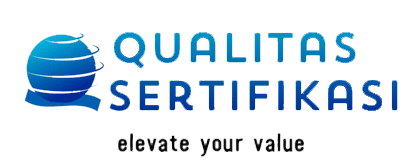ISCC Japan FIT
The Japanese Feed-in-Tariff (FIT) sets out a system of incentives for the production of renewable electricity in Japan which includes subsidies for the procurement of eligible sustainable materials. Japan’s Ministry for Economy, Trade and Industry (METI) has published specific requirements for the certification of eligible sustainable materials under the FIT system.
Materials Covered
Scope of Application
Bioliquids and biomass for energy purposes.
Acceptance of Other Schemes
N/A.
Benefits of ISCC Japan FIT
The ISCC Japan FIT ensures compliance with Japan’s sustainability and traceability requirements for imported and domestically produced biomass used in power generation:
Market Reach
Ensures your biomass feedstock qualifies for government incentives under Japan’s renewable energy policies.
Competitive Advantage
Many energy companies in Japan require certified biomass for regulatory compliance.
Supports Corporate ESG & Net-Zero Strategies
Businesses using ISCC Japan FIT can demonstrate sustainability commitments in environmental, social, and governance (ESG) reporting.
GHG Reductions
Ensures that biomass feedstocks contribute to GHG emission reductions, aligning with Japan’s climate goals.
Who is This Certification for?
The ISCC Japan FIT applies to businesses that produce, trade, or use sustainable biomass for power generation, ensuring compliance with Japan’s sustainability and traceability regulations for imported and domestic biomass:
Palm Kernel Shell (PKS) Suppliers
Traders
Certification Process
1. Fill the Application Form
Companies must complete and submit the application form with the necessary details
2. Application Review
The submitted application is reviewed to verify completeness and eligibility
3. Complete the Audit Payment
Upon approval of the application, the company proceeds with the required audit payment
4. Plan the Audit
The audit schedule is arranged based on mutual agreement between QSI and the client
5. Conduct the Audit
An audit is performed to assess compliance with the relevant standards
6. Certification Decision
Based on the audit results, QSI decides whether to:
- approve, or;
- reject the certification.
If rejected, companies may follow the appeal procedure
7. Certificate Issuance
If approved, the certification is granted, and the certificate is issued.







